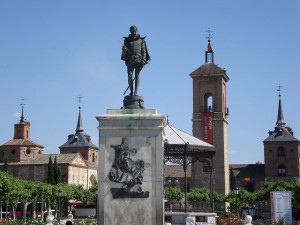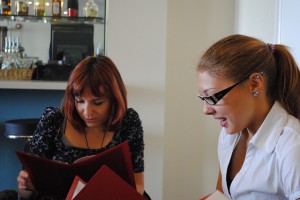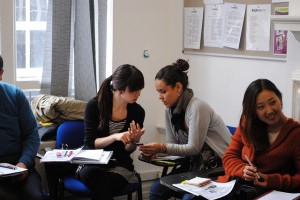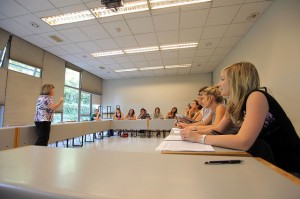Born in Alcalá de Henares, the playwright, poet and writer Miguel de Cervantes Saavedra, is considered the biggest Spanish writer of all times. His image is so important in Spainthat there are a number of sculptures, buildings, institutions, prizes and events in several cities in our country made in his memory. Cervantes in a real symbol of this language, and his work a very used resource to learn Spanish.
He is the author of “El ingenioso hidalgoDon Quijote de la Mancha” (The ingenious gentleman Don Quixote of La Mancha), one of the most famous novels on international and top of the Spanish and universal literature. It is considered by many international writers as the best novel in history, this work from 1605 has a wide impact on all cultures, and was translated in languages such as German, Russian or Chinese, among many others. Also, it was brought to television with a film and series, and thus became a usual resource in the Spanish schools in Spain to help students on their way to learn Spanish.

Statue of the writer in the Plaza Cervantes in Alcala de Henares
►…continue reading about Miguel de Cervantes, Spanish symbol in the world

















